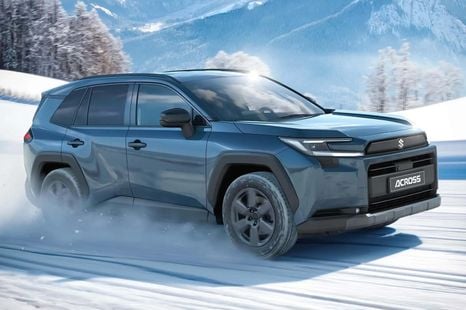

Damion Smy
2026 Suzuki Across PHEV is a rebadged Toyota RAV4 that Australia won't get
17 Hours Ago
If you're in the market for a mid-size SUV you can't go wrong with pretty much any member of the Kia Sportage range... except this one.
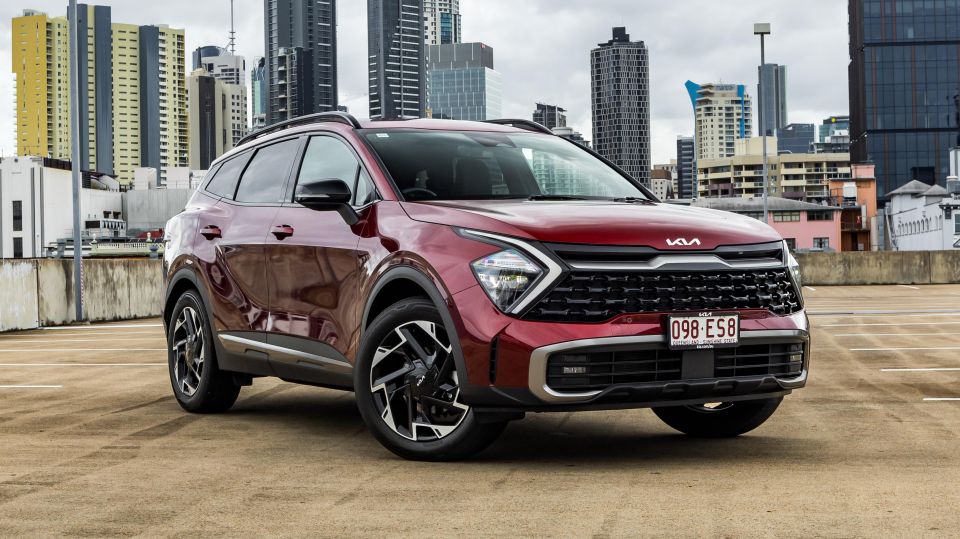


Quickly see how this car stacks up against its competition. Select any benchmark to see more details.
CarExpert brings reviews, research tools and trusted buying support together, guiding you from research to delivery with confidence.
The Kia Sportage is the Korean brand’s best-selling vehicle in Australia, so it makes sense it has the widest range of any vehicle in its lineup.

With the recent arrival of the hybrid, the Sportage is now available with a choice of four powertrains, manual or automatic transmissions, front- or all-wheel drive, and four different trim levels.
Not only is that a lot of variety for a Kia, that’s a lot of variety for a mid-sized SUV, period.
We’ve put to the test an SX+ with the 2.0-litre – the penultimate trim level with the lowliest engine.
Our tester is finished in optional Dawning Red metallic, a rich, handsome maroon. It suits the Sportage well.
We know the front end polarises; I personally find it to be refreshingly distinctive, but I’m sure Kia will want to graft on an EV9-like face come mid-life update time.
In terms of price, the SX+ sits somewhere towards the middle of the Sportage range.

2024 Kia Sportage pricing
Prices exclude on-road costs
Based on a Sydney postcode, the Sportage SX+ 2.0 auto has a drive-away price of $46,476. Metallic paint adds $520.
The Sportage faces off with a number of SUVs. To see how it shapes up, use our comparison tool.
Buy your new car without the stress. It's fast, simple and completely free.

Great service from Travis and team, second time I have used this business would not hesitate to recommend them to anyone
Craig C.
Purchased a Ford Ranger in Sunshine Coast, QLD
CarExpert helped Craig save thousands on his Ford Ranger, now let us save you on your next new car.
Find a dealStep into the Sportage, and you’re greeted with a modern dashboard design with the centre stack helpfully angled towards the driver.

There’s a thin strip of touch-capacitive switchgear, which can be toggled between controlling climate and audio functions, but there are at least a pair of knobs here. I did find myself accidentally brushing against the touch-capacitive switches, though.
The doors feel solid, and there’s soft-touch trim used on the front door tops.
There’s no soft-touch trim on the sides of the centre console like in a Nissan X-Trail or Mazda CX-5, and both the console and the lower half of the dash are finished in hard, grainy black plastic. This is offset, however, by the genuinely attractive dash top, which has a leather-wrapped look to it.
A strip of metal-look trim bisects the dash, which is genuinely attractive with an interesting texture.


Then there are the seats, finished in artificial leather but have a quilted look to them. They’re classy and comfortable, and those in the front row are heated.
The T-bar shifter for the transmission is almost retro, if more satisfying to use than the flagship GT-Line’s rotary dial, while the steering wheel is large but tactile with straightforward switchgear.
It’s an attractively presented interior overall, arguably one of the most visually appealing in the segment, but some touches are inelegant. The weird quasi-digital instrument cluster is legible but awkward looking to my eyes, with the simple central screen clashing with the outré purple instrument displays on either side.

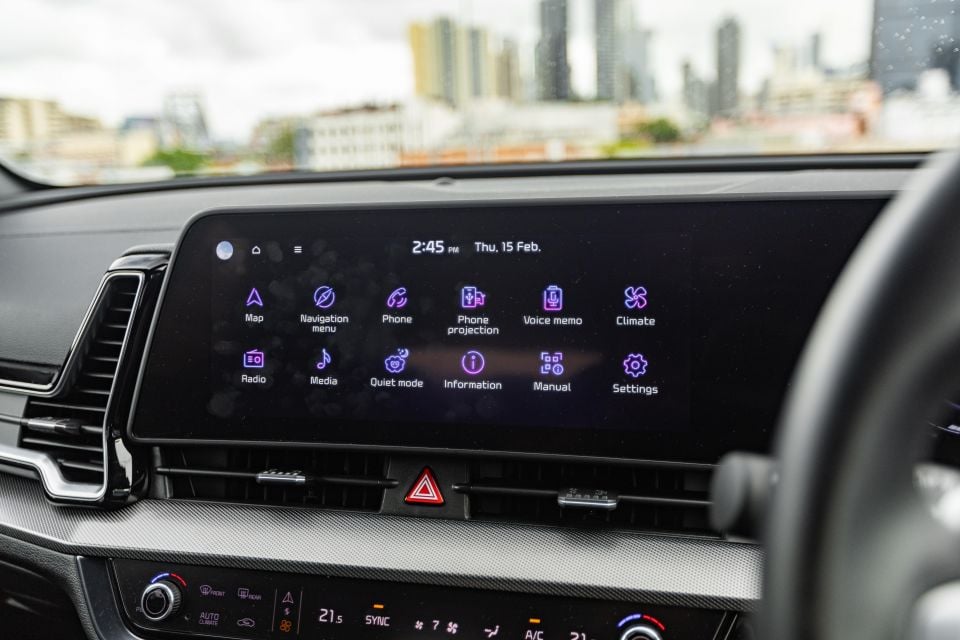
The mass of grey plastic button blanks sticks out like a sore thumb on the gloss black centre console. It’s especially disappointing given this trim level is one rung down from the top.
Storage is adequate. There are bottle holders in the doors plus a fairly deep centre console bin, though there’s no storage shelf under the centre console as you’ll find in rivals like the GWM Haval H6.
The cupholders in the console can be retracted, resulting in a fairly spacious storage nook.
You still need to plug in your phone to use Android Auto or Apple CarPlay as the Sportage has yet to move to Kia’s latest-generation infotainment, and it’s a USB-A connection though there’s a USB-C port next to it.


For some reason, Android Auto doesn’t take up the full screen.
While it doesn’t yet have wireless smartphone mirroring, the Sportage’s infotainment system is easy to use and boasts features like a voice memo app and Quiet Mode, which will only play music through the front speakers if the kids in the back are having a nap.
The kids have plenty of space back there, and so do adults. The Sportage has one of the longest wheelbases in this segment, and that has helped give it one spacious back seat with ample headroom and leg room.
There are a pair of USB-C outlets in the front seatbacks, plus air vents, map pockets and a fold-down centre armrest.


If you’re fitting child seats, there are the expected three top-tether and two ISOFIX anchor points.
In the boot there’s a 12V outlet, plus handy levers to drop the rear seats. They don’t fold entirely flat, but there’s still an ample 1829L of storage space with them dropped, or 543L with them up.
Refreshingly in this age of tyre mobility kits and space-saver spares, the Sportage has a full-sized alloy spare.
You can’t get a less powerful engine in the Sportage range than the 2.0-litre, while you also can’t get this engine in a higher level of specification.

| Model | Kia Sportage SX+ 2.0 |
|---|---|
| Engine | 2.0L naturally aspirated 4cyl petrol |
| Power | 115kW (6200rpm) |
| Torque | 192Nm (4500rpm) |
| Transmission | 6-speed automatic |
| Drive type | Front-wheel drive |
| Weight | 1538kg (tare) |
| Fuel economy (claim) | 8.1L/100km |
| Fuel economy (observed) | 10.5L/100km (suburban, city, highway loop) 10.7L/100km (over the course of a week) |
| Fuel type | 91 RON |
| Fuel tank size | 54L |
The Sportage faces off with a number of SUVs. To see how it shapes up, use our comparison tool.
The Kia Sportage is great to drive as a diesel or a hybrid. With petrol power it’s not as pleasant, especially in 2.0-litre guise.

The optional turbo 1.6-litre, with its seven-speed dual-clutch auto, feels a little rough around the edges. At least it has power, though. The base 2.0-litre feels gutless, even in a segment where naturally aspirated four-cylinder engines are commonplace.
It’s sluggish off the line, and I ended up hitting the redline more than once just trying to hustle this thing around – and that was with one person on board. Go to accelerate on the move and you can feel the car shuffle back a couple of gears to summon up the grunt.
In inner-city driving at lower speeds it’s acceptable – and potentially smoother than the more expensive 1.6T – but anywhere else, the car’s poor power-to-weight ratio is evident.
It moans like a moody teenager under heavy acceleration, and there’s an odd whine from the engine at times, too.

What’s especially frustrating is North American Sportages get a more powerful 2.5-litre four that would undoubtedly be better to drive than this gruff mill, while the smaller Seltos’ 2.0-litre is mated with a CVT that makes it feel much more responsive.
You can get the 2.0-litre Sportage with a six-speed manual in S and SX grades, which is highly unusual for a mid-sized SUV in 2024. I would put money on those options disappearing promptly.
While I haven’t driven a manual Sportage, I’m sure – as with the Stonic 1.4L – that the three-pedal option makes the vehicle more pleasant to drive. But who actually wants a manual mid-sized SUV in 2024? Precious few people, which explains why manual mid-sized SUVs are almost extinct.
Having driven the related Hyundai Tucson with this 2.0-litre engine before, I knew exactly what the Sportage was going to feel like, performance-wise – and it entirely met those expectations.
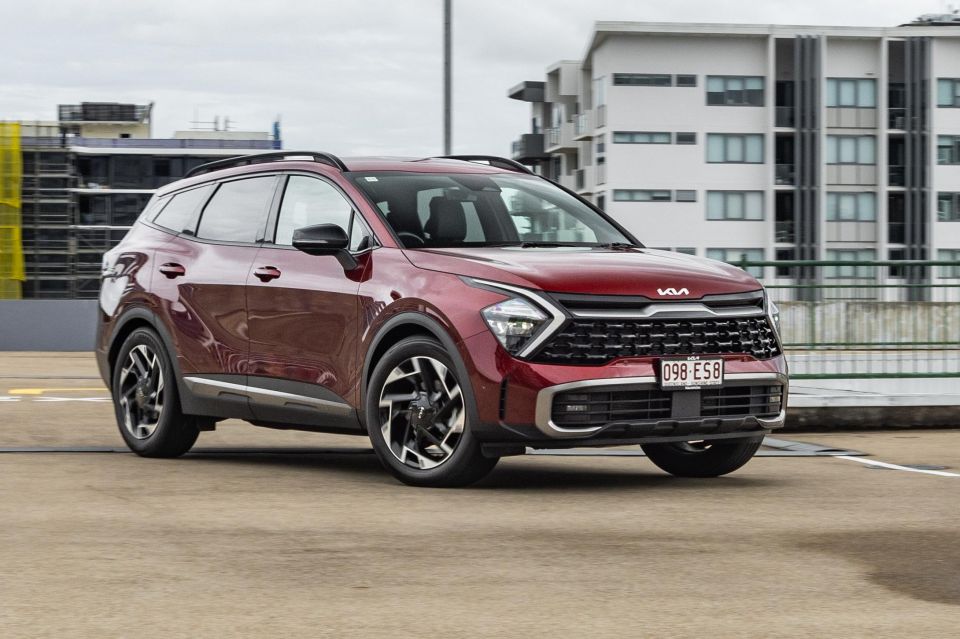
With my test car, however, I did encounter an odd surprise: disappointing ride quality. Having driven other members of the Sportage family before and finding the locally tuned ride quite comfortable, I was struck by how fidgety this test car was over any road that wasn’t perfectly smooth.
While we didn’t experience any harsh impacts, it felt quite unsettled at times, heaving and pitching a bit. We have flagged this with Kia Australia, as it seems out of character for a Sportage – or indeed any Kia.
As for the rest of the dynamic package, the Sportage stacks up well. Handling is secure, with well-controlled body roll; the steering feels nicely weighted albeit not especially feelsome.
Apart from the laboured sounds of the engine when you push it, the Sportage is fairly quiet. Road and wind noise levels are competitive for the segment.

Your opinion may differ, but I’m generally fine with a lane centring aid that’s quite assertive and capable as Kia’s Lane Following Assist is.
Lane-keep assist systems, in contrast, are best kept subtle, only intervening when truly necessary. Kia’s lane-keep assist system, however, makes its presence felt a touch too often for my taste.
Notably, the purple graphics within the instrument cluster will flash red if the forward collision warning is activated.
There are four trim levels in the Sportage range, with the SX+ being second from the top.




CarExpert brings reviews, research tools and trusted buying support together, guiding you from research to delivery with confidence.
Sportage S highlights:
**not available for manual variants
Sportage SX adds:


Sportage SX+ adds:
The Kia Sportage wears a five-star ANCAP safety rating, based on tests by Euro NCAP in July 2022.
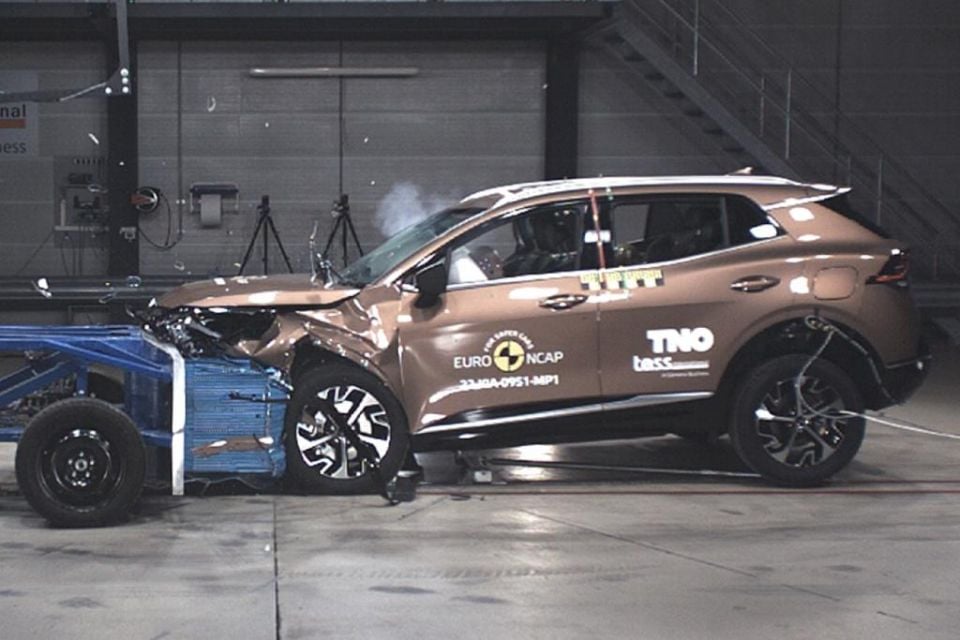
It scored 87 per cent for adult occupant protection, 87 per cent for child occupant protection, 66 per cent for vulnerable road user protection, and 74 per cent for safety assist.
Standard safety equipment includes:
Sportage SX adds:
Sportage GT-Line adds:
The Sportage is backed by a seven-year, unlimited-kilometre warranty.
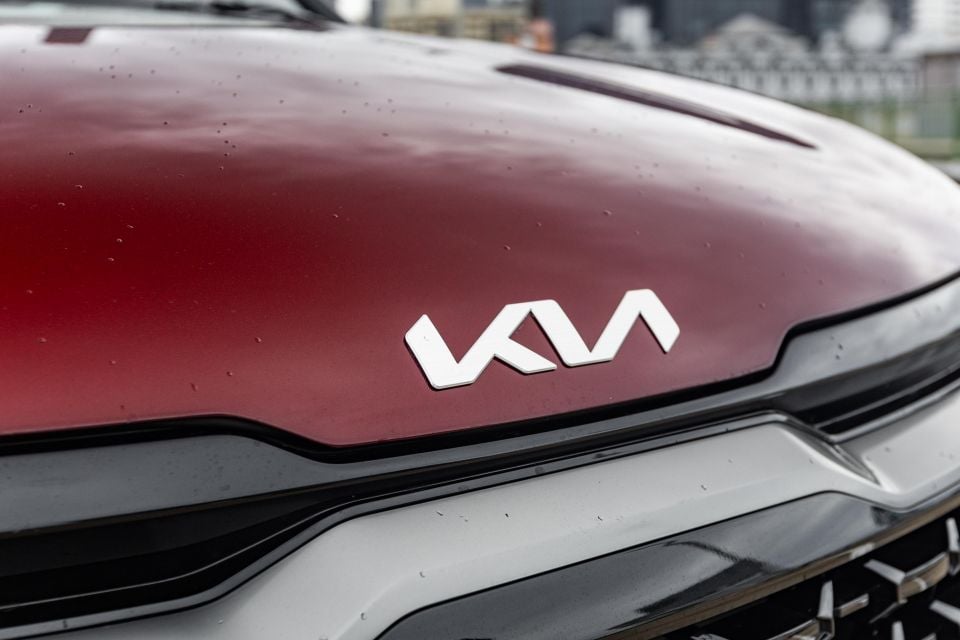
Kia offers seven years of capped-price servicing. These services are capped at $323, $513, $391, $705, $363, $664 and $385, respectively.
While the Kia boasts a longer warranty, the related Hyundai Tucson 2.0L is cheaper to service. It costs $2736 over a seven-year period, $608 cheaper than the Sportage.
This SX+ 2.0L isn’t the sweet spot in the Sportage range.

We doubt most mid-sized SUV buyers are looking for something racy, but even amid the sedate vehicles in this segment, the Sportage’s base powertrain is underwhelming. In SX+ guise this is the most expensive Sportage to have this uninspiring engine under the bonnet.
Quite simply, the 2.0-litre engine is slow, thrashy and thirsty. It’s the weakest powertrain of the range. The powertrain lets down what is otherwise a compelling package. The Sportage is among the roomiest mid-sized SUVs – it’s distinctively styled, boasts an attractive interior, and packs a long warranty.
While the 1.6T isn’t perfect, for an extra $2000 it’s a no-brainer as it brings all-wheel drive and better claimed fuel economy as a bonus. If you’re not diesel-averse, the SX 2.0D at $900 more is another worthy option; better yet is the SX Hybrid, which costs $1900 more.
You’ll miss out on some luxury items with the diesel and hybrid SX models, but you’ll get a vehicle that’s much, much more satisfying to drive.
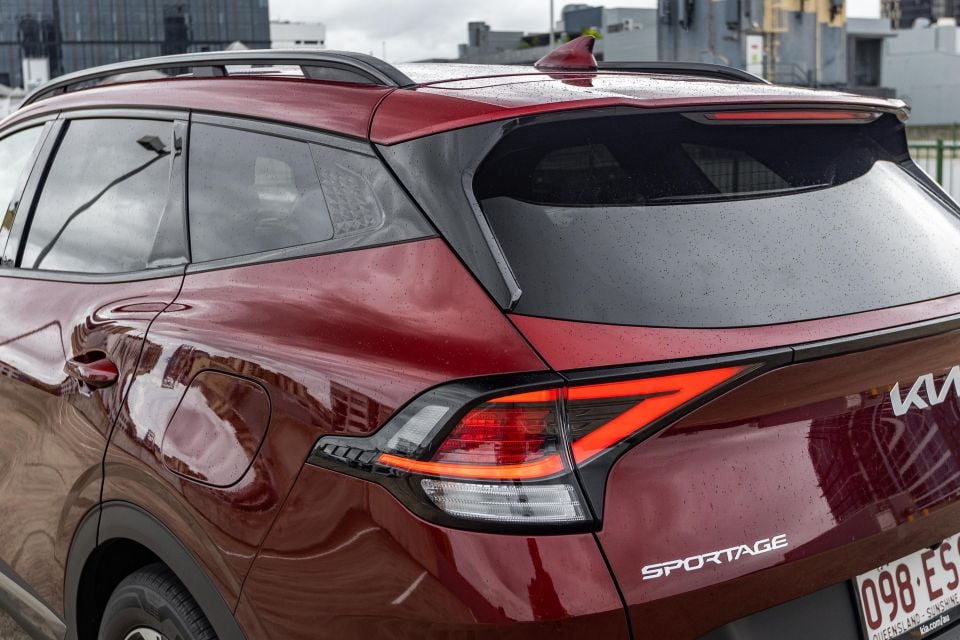
Click the images for the full gallery
MORE: Buy a Kia Sportage MORE: Everything Kia Sportage
CarExpert brings reviews, research tools and trusted buying support together, guiding you from research to delivery with confidence.
Kia Sportage
Kia Sportage Sales rolling 12-months#
*Based on VFACTS and EVC data
Looking for complete Kia Sportage price history?
Our Kia Sportage Pricing Page shows exactly how prices have changed over time.
2026
$38,490
2026
$40,980
2026
$45,580
2026
$54,490
William Stopford is an automotive journalist with a passion for mainstream cars, automotive history and overseas auto markets.
Add CarExpert as a Preferred Source on Google so your search results prioritise writing by actual experts, not AI.


Damion Smy
17 Hours Ago
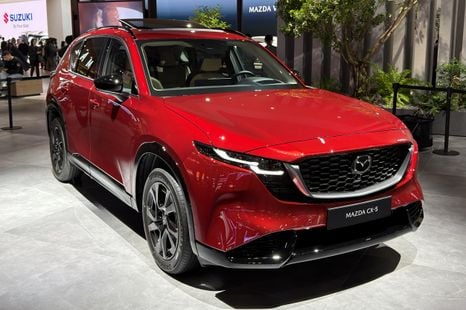

William Stopford
19 Hours Ago
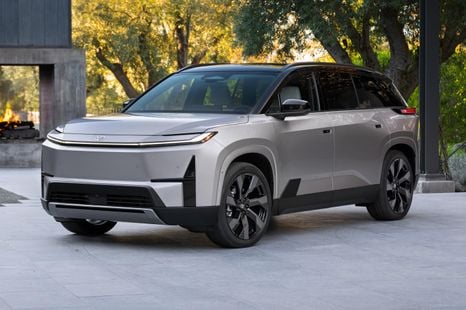

Damion Smy
1 Day Ago
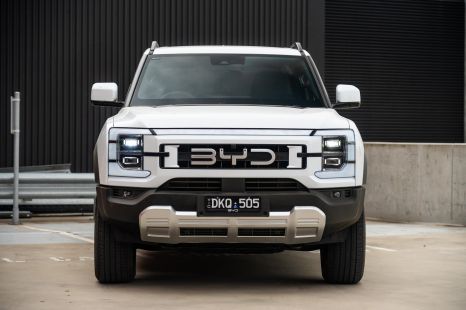

Max Davies
3 Days Ago
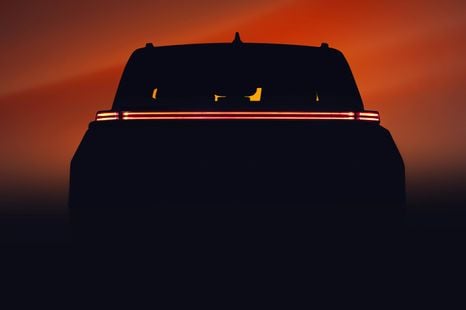

Damion Smy
3 Days Ago
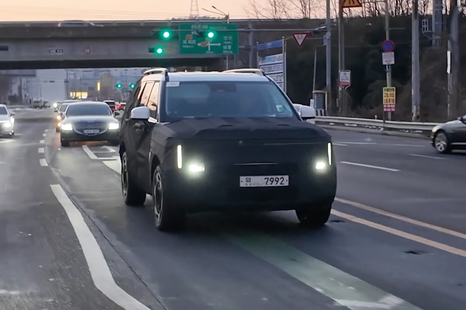

William Stopford
4 Days Ago
Add CarExpert as a Preferred Source on Google so your search results prioritise writing by actual experts, not AI.
* Average savings based on recent CarExpert customer transactions. Actual savings will vary depending on vehicle make and model, location, stock availability, and other factors.
† Displayed prices exclude on-road costs such as delivery charges, registration fees, number plates, insurance and applicable road taxes. These prices are subject to change without notice and may not reflect current market pricing or dealer offers.
 Automotive Vehicle Spec Data & 4K images Powered by JATO Dynamics Ltd
Automotive Vehicle Spec Data & 4K images Powered by JATO Dynamics Ltd